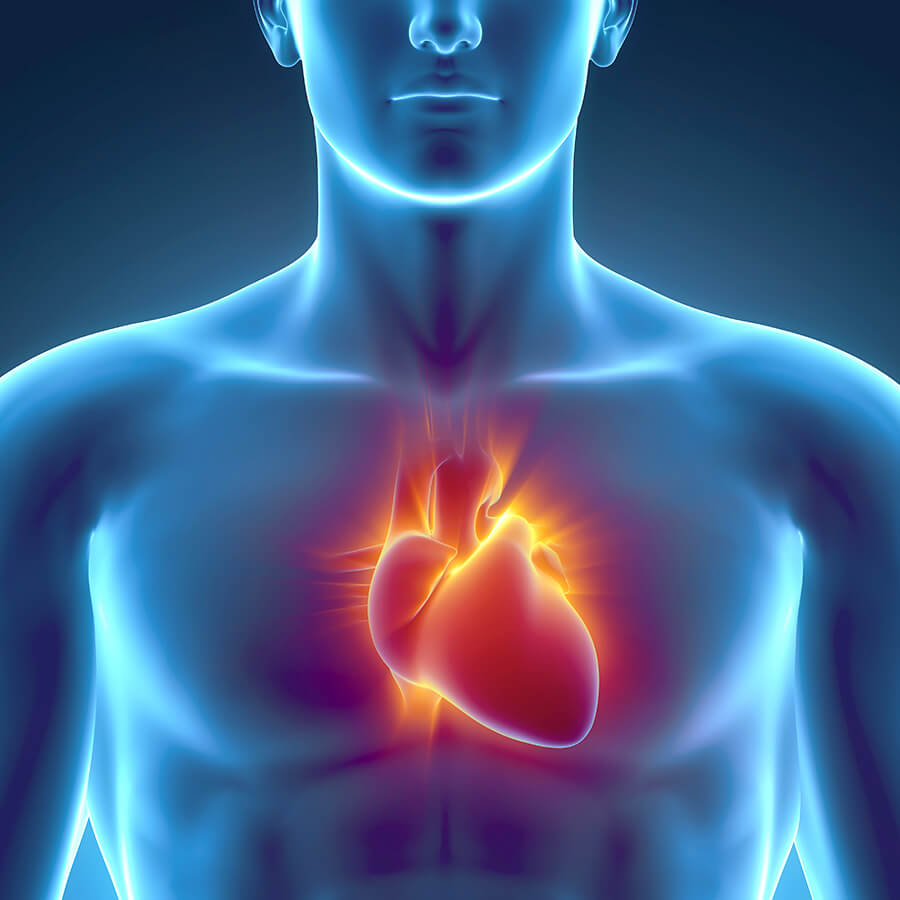Many people do not take the symptoms of heart failure seriously, as survey data shows.

A representative survey reveals that many people overlook the symptoms. Almost every second person has reasons to ignore signs of the disease, explains Professor Thorsten Dill, a cardiologist at the Sana Clinical Complex in Benrath.
“Strengthen Your Heart! Recognizing and Treating Heart Failure” – this is the motto of this year’s Heart Week. Many people do not take the early symptoms of heart failure seriously enough. A recent Civey study commissioned by Sana Kliniken AG highlights which symptoms are most frequently ignored and why. A representative online survey of 5,000 German citizens aged 18 and older, completed in early November, indicates that residents of North Rhine-Westphalia have very limited knowledge about the clinical picture of heart failure.
The first warning signs of heart failure include an increased feeling of fatigue, worsening breathing difficulties, swelling in the feet or ankles, and frequent nighttime urination. Approximately 85% of North Rhine-Westphalia residents do not consider frequent nighttime urination a reason to see a doctor. More than two-thirds of respondents would not seek medical examination even if they felt increased strain on their bodies.
Early Warning Signs Are Often Unrecognized
For more than 60% of North Rhine-Westphalia residents, swelling in the feet or ankles would not prompt them to seek medical attention. The majority of respondents (87%) would only consult a doctor if breathing difficulties persisted.
“It is alarming how little the public knows about the symptoms of heart failure. That is why it is important for us to hold regular informational events and work closely with local general practitioners and cardiologists,” says Professor Thorsten Dill, Chief Physician of the Internal Medicine and Cardiology Department at the Sana Clinical Complex in Duesseldorf.
One in Five People Ignores Symptoms to Avoid Dealing with Them
“We need to educate people about the early warning signs of diseases like heart failure. Recognizing and treating them early can prevent serious consequences later on. Raising awareness about the benefits of prevention is crucial. Patients who seek medical attention at an advanced stage of the disease have a worse prognosis than those who undergo examinations at an early stage,” the cardiologist explains.
Gender Differences: A Knowledge Gap, Especially Among Men
Symptoms of heart disease can differ significantly between men and women. For instance, women are more likely to suffer from weakened heart muscles, making it harder for the left ventricle to expand. This often leads to water retention and shortness of breath during physical activity. In men, however, the heart’s pumping function is more commonly impaired. Overall, heart failure symptoms in women tend to be less pronounced than in men.
According to the survey, women are better informed about this issue than men. Around 80% of women knew that heart disease symptoms vary by gender, whereas only about half of the men were aware of this. “Experts have been working on gender-sensitive medicine for several years. Nevertheless, in practice, it is still common for nonspecific symptoms in women to go unrecognized or be diagnosed too late,” says the cardiologist.
